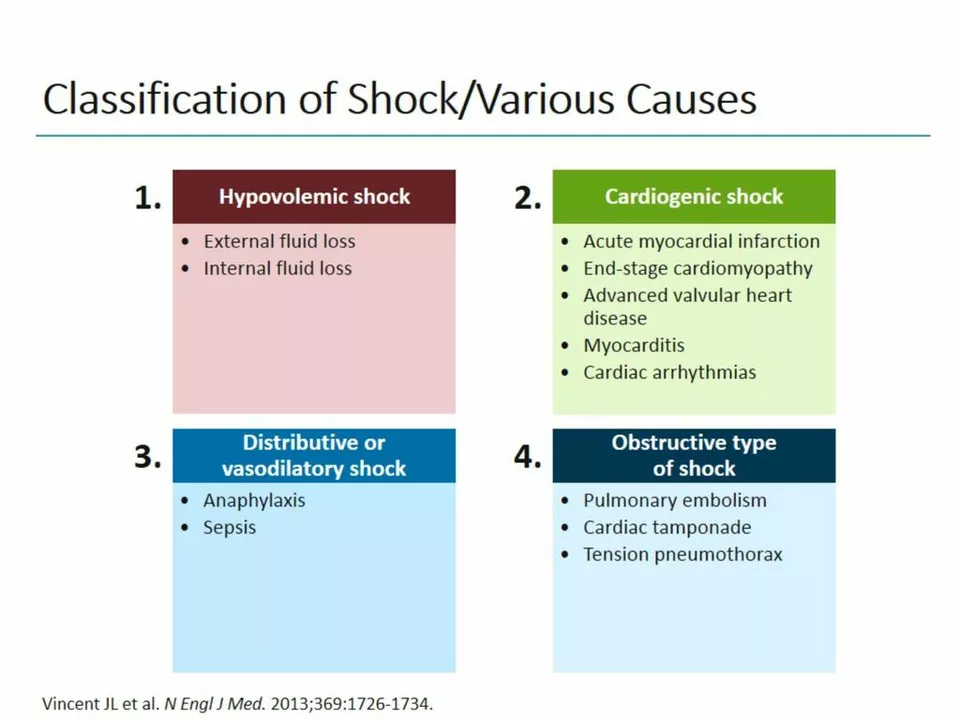Cardiac Arrhythmias: What You Need to Know Right Now
An irregular heartbeat can feel like a flutter, a skipped beat, or a fast pounding in your chest. Sometimes you won’t notice anything at all. Some arrhythmias are harmless; others raise the risk of stroke or sudden collapse. This page gives straight answers: how to spot trouble, what tests doctors use, and practical steps you can take today to stay safer.
Common signs and when to get help
Pay attention to these clear warning signs: palpitations (fast, fluttering, or skipped beats), dizziness or lightheadedness, fainting or near-fainting, sudden breathlessness, chest pain, or unexplained fatigue. If you faint, have severe chest pain, or can’t catch your breath, call emergency services immediately.
Less urgent but still important: repeated palpitations, a persistent fast or slow pulse, or new-onset irregular heartbeat — book a medical visit within days, not weeks. Keep a short log: note when palpitations start, how long they last, what you were doing, and any meds or caffeine you’d had. That info helps your doctor pinpoint the cause faster.
Tests and treatments you should know
Most doctors start with a 12-lead ECG (an instant snapshot of heart rhythm). If symptoms are intermittent, you might get a Holter monitor (24–48 hours) or an event monitor (two weeks or longer) to catch occasional episodes. An echocardiogram looks at heart structure. Blood tests check electrolytes, thyroid function, and drug levels when needed.
Treatment depends on the type and risk. For slow or fast but harmless rhythms, your provider may just monitor you. Medications can slow a fast rate (beta-blockers, calcium channel blockers) or try to restore normal rhythm (antiarrhythmics such as flecainide or amiodarone). If you have atrial fibrillation, anticoagulants like warfarin or DOACs may be recommended to lower stroke risk.
When meds aren’t enough, procedures help. Electrical cardioversion can quickly restore rhythm. Catheter ablation targets the faulty heart tissue causing the arrhythmia and often reduces symptoms long-term. For slow rhythms or dangerous pauses, a pacemaker may be implanted. For life-threatening ventricular rhythms, an ICD (internal defibrillator) can save your life.
Simple lifestyle moves matter: cut back on excess caffeine and alcohol, treat sleep apnea if present, stay hydrated, and review all prescription and OTC meds with your doctor — some drugs trigger arrhythmias. Keep a current med list and any ECG or monitor results on your phone to share at appointments.
If you’re worried about palpitations or have risk factors like heart disease, high blood pressure, prior stroke, or diabetes, mention them early. Quick action and the right tests often turn uncertainty into a clear plan you can follow. If you want, print this page and bring it to your next visit to make the conversation easier.
Amiodarone vs. Other Antiarrhythmic Drugs: A Comparative Analysis
As a copywriter, I've had the chance to research and compare different antiarrhythmic drugs, specifically focusing on Amiodarone and its alternatives. From my findings, I can say that Amiodarone is a powerful and effective drug in managing various types of cardiac arrhythmias. However, it also has a higher risk of side effects compared to other drugs in its class. Some patients might benefit more from alternative medications like Sotalol or Dronedarone, depending on their specific conditions and needs. In conclusion, it's crucial for healthcare professionals to weigh the pros and cons of Amiodarone and other antiarrhythmic drugs to provide the best treatment plan for their patients.

